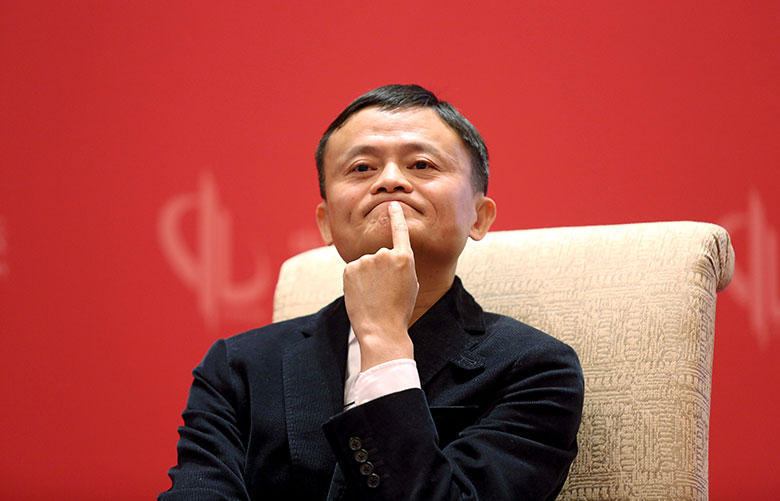Jack Ma, co-founder of Alibaba Group
On Friday, the Jack Ma Foundation announced that it would be sending 500,000 coronavirus test kits and a million protective face masks to the US.
The bundles are due to arrive on US shores soon, on one of the only flights from China allowed to land in the US after president Donald Trump’s travel ban was put in place last week.
China has yet again become the world’s factory, this time putting its command economy into action for an airlift to the US. The donation demonstrates China’s political and economic power goes well beyond the Belt and Road Initiative and its focus on emerging markets. Sending aid to the world’s largest economy is a show of China’s abilities in testing times.
Is Euromoney reading a little too much into a simple act of kindness
Over Twitter – the foundation’s PR team must use a VPN to access a website blocked by China’s Great Firewall and get the attention of a president well-known to use the social media platform – the foundation stated that “the pandemic we face today can no longer be resolved by any individual country,” and that “we need to combat the virus by working hand-in-hand”, before going on to say that “at this moment we can’t beat the virus unless we eliminate boundaries to resources and share our know-how and hard-learned lessons”.
For the US, China’s donation will offer some small but significant relief as it grapples to keep the coronavirus and its impact under control.
In the course of a week, the US banned flights from a number of countries, closed schools and nurseries, restaurants, cancelled festivals and public gatherings. While stocks have plummeted, the central bank has reintroduced quantitative easing and slashed interest rates to 0-0.25% to try to stabilize the economy.
Trade war
For China, while the act of donation may indeed be altruistic, it also makes a statement laced with connotations, given the US-China trade war.
Since Trump introduced tariffs on China in 2018, both superpowers have been embroiled in damaging rounds of tit-for-tat policies that limit trade between the two countries, forcing up prices for consumers in the US, led to $35 billion in export losses for China and will most likely shrink global GDP growth in 2020 – on top of the direct economic fallout caused by the virus.
This is almost as far as you can get from “working hand-in-hand”.
Ma’s gesture is even more curious, given the US and China’s strained relationship over security too. Alibaba’s bid to buy MoneyGram in January 2018 was blocked by the US government – just a few weeks before the trade war began in earnest – over security concerns. In May 2019, the US government banned companies from working with Chinese telecom company Huawei, again over security concerns.
Perhaps the foundation is sending a message to the US and the Trump administration that economic isolation in a globalized world cannot work, that countries must work together not only in times of crisis, but to support the global economy.
And perhaps this is a way for Ma and China to ruffle the feathers of a belligerent US president who has called Covid-19 “the Chinese virus”.
Or is Euromoney reading a little too much into a simple act of kindness?


 Signal2forex.com - Best Forex robots and signals
Signal2forex.com - Best Forex robots and signals




